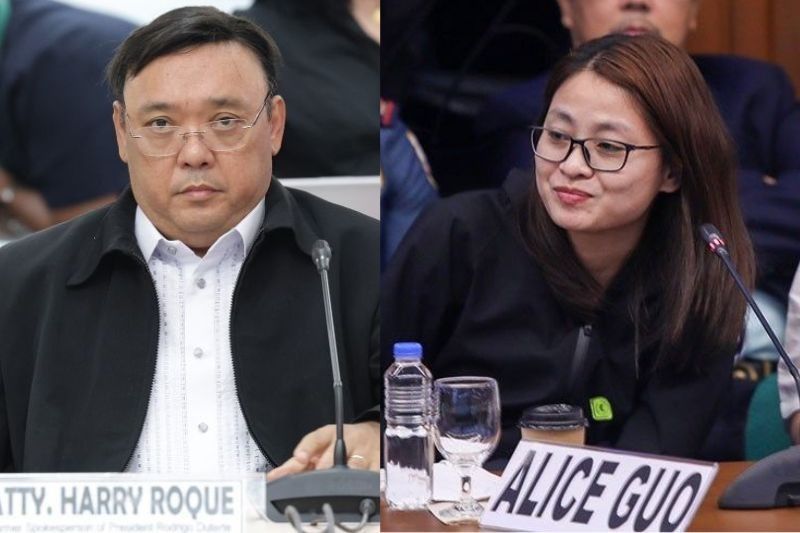The Philippines Always Stand Firm In Defending Its National Territory
The Philippine government has reaffirmed its unwavering stance in defending its national territory amid ongoing maritime disputes and regional tensions. As geopolitical challenges persist, officials emphasize the country's commitment to upholding its sovereignty and territorial integrity.

A Strong Commitment to Sovereignty
President Ferdinand Marcos Jr. reiterated the nation’s firm position, stating that the Philippines will not waver in protecting its territorial rights, particularly in the West Philippine Sea. “We will continue to defend what is rightfully ours through diplomatic channels and, if necessary, through legal and security measures,” Marcos said during a recent press briefing.
The reaffirmation comes as foreign incursions into Philippine waters continue to escalate. Reports from the Armed Forces of the Philippines (AFP) and the Philippine Coast Guard (PCG) highlight frequent encounters with foreign vessels within the country’s exclusive economic zone (EEZ), sparking renewed calls for stronger maritime defense.
Strengthening Defense and Alliances
To bolster its territorial defense, the Philippines has been strengthening military capabilities and reinforcing security partnerships. Recent efforts include:
-
Enhanced Military Modernization: The AFP is accelerating the acquisition of naval assets, air defense systems, and surveillance technologies to better monitor and protect territorial waters.
-
Strategic Partnerships: The Philippines continues to engage with allies such as the United States, Japan, and Australia in joint military exercises, intelligence-sharing, and defense agreements.
-
Diplomatic Engagements: The government has filed multiple diplomatic protests against incursions, urging international bodies such as the United Nations and ASEAN to take a firm stand on maritime security.
Defense Secretary Gilberto Teodoro Jr. emphasized that while diplomacy remains the primary tool in addressing disputes, the country will not hesitate to enforce maritime laws when provoked. “Our commitment to peaceful resolution does not mean we will back down. We will assert our rights under international law,” Teodoro declared.
Public Support and Nationalism
The issue of territorial defense has sparked a surge of nationalism among Filipinos. Advocacy groups, fisherfolk communities, and citizens continue to rally behind the government’s initiatives, calling for stronger enforcement of maritime security.
The rising tensions have also fueled educational campaigns to raise awareness about the Philippines’ territorial claims, particularly in disputed areas like the Scarborough Shoal and the Spratly Islands. Schools and institutions have incorporated maritime law discussions into their curriculum, fostering a sense of national responsibility among the youth.
Looking Ahead
As geopolitical tensions evolve, the Philippines remains steadfast in its resolve to defend its territory through legal, diplomatic, and security means. The government’s ongoing initiatives signal a clear message: the country will stand firm against any attempts to undermine its sovereignty.
What's Your Reaction?












/https://tf-cmsv2-smithsonianmag-media.s3.amazonaws.com/filer_public/54/66/546650fa-26a4-40fd-8d6d-5a7a04540f81/rosetta2.png)
:max_bytes(150000):strip_icc():focal(999x0:1001x2)/robert-prevost-050825-1-39395418ab494da5a3a700c9478e66c8.jpg)















































format(webp))
format(webp))
















![[DECODED] YouTubers spreading false claims on Duterte-ICC issue can earn up to ₱20,000 daily.](https://media.cnn.com/api/v1/images/stellar/prod/ap25070119232039.jpg?c=16x9&q=h_833,w_1480,c_fill)








